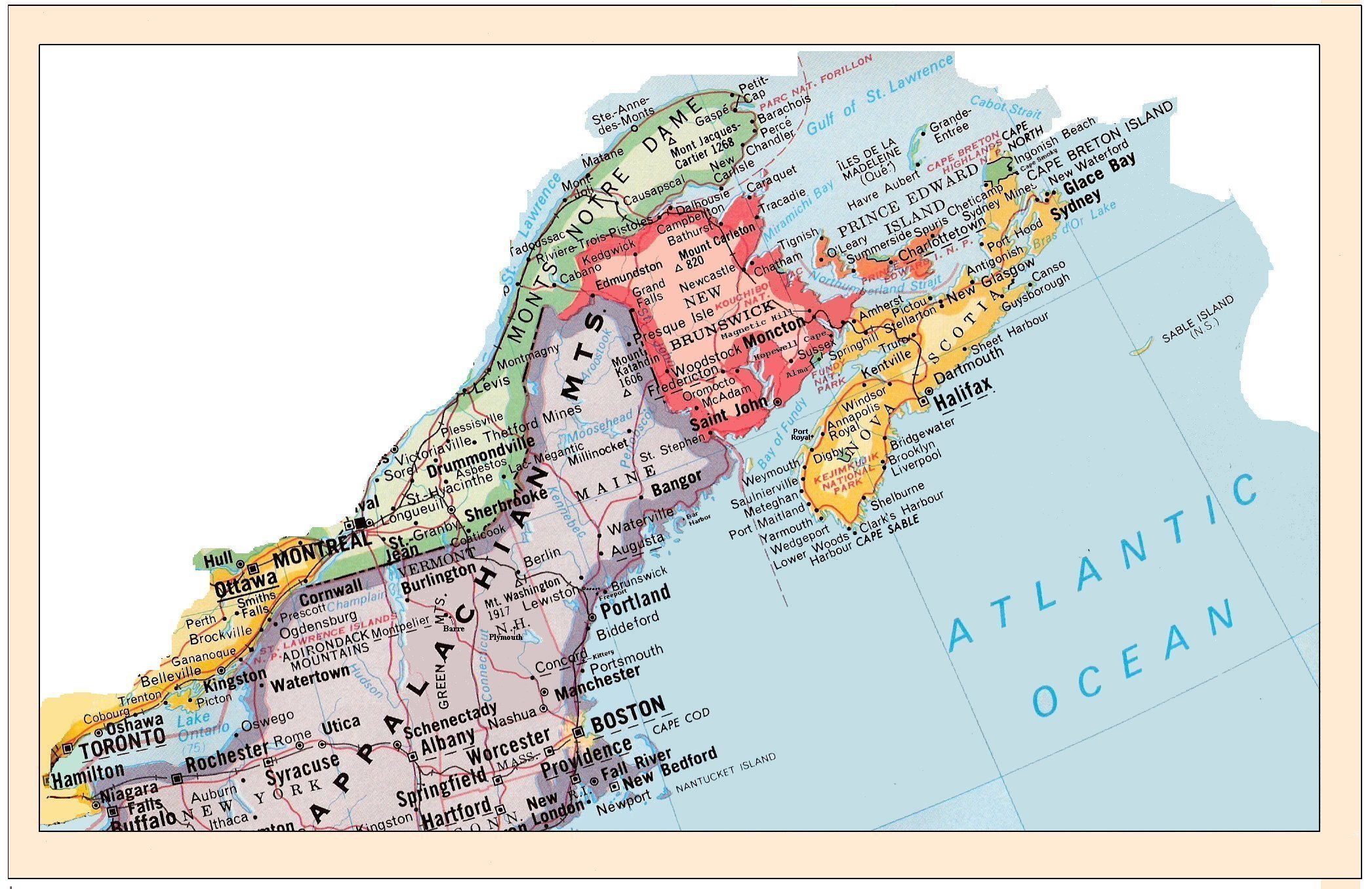Sam Biswas
Banned

How come Halifax and Portland in are less industrialised and less populated than the one you see in Boston in our timeline?
Halifax is a city in Nova Scotia, Canada, with a population with over 400,000 people and approximately about 400,400 at metropolitan scale total, which is not pretty low populated for a city that is located farther north than New England. However, if you compare it to Boston with over 685,000 people and over 4,800,000 people at metropolitan scale total then you see thats a huge difference.
Agriculture, fishing, mining, forestry and natural gas extraction are the key primary industries of Halifax Regional Municipality (HRM). The GDP of Halifax or Halifax Metro Area (HRM) is nearly $19,000 (yr, 2018) or over $14,000 in US dollars. The primary industries of Boston or Boston Metro Area in the other hand is Educational (includes Harvard, Boston University, MIT, etc.), Health care (MGH, Beth Israel, etc.), Professional, scientific, technical services (Biogen Idec, Genzyme, iRobot and subsidiaries like R&D offices of IBM, Google, Microsoft etc.), and retail. Their GDP rate is considered $438,684 (yr, 2017) and that's a very huge differences when comparing with Boston and Halifax. It really shows that how much small and distant of an economy that Halifax currently is.
Portland is a city in Maine with a population with over 67,000 people and nearly 540,000 at metropolitan scale total. In a suburban scale thats not pretty low for a small city. In fact, is slightly larger than the suburb of Halifax. However despite of it’s massive suburb, Portland or Portland-South Portland Metro Area is nowhere this economically competitive to Boston. The GDP of Portland is $32,143 (yr, 2017.) The primary industries in Portland is Health care, retail, education, and manufacturing. These industries is somewhat advance this recently but not big enough to compete Boston or even Halifax for that matter.
So the conclusion of this topic is why, why throughout history does Halifax and Portland dependent on agriculture, manufacturing, and fishing instead of moving towards for more service, educational, and scientific-based economy like what you see in Boston in our timeline?
https://en.wikipedia.org/wiki/History_of_Portland,_Maine
https://en.wikipedia.org/wiki/History_of_Halifax_(former_city)
https://en.wikipedia.org/wiki/History_of_Dartmouth,_Nova_Scotia
https://en.wikipedia.org/wiki/History_of_Boston
Last edited: